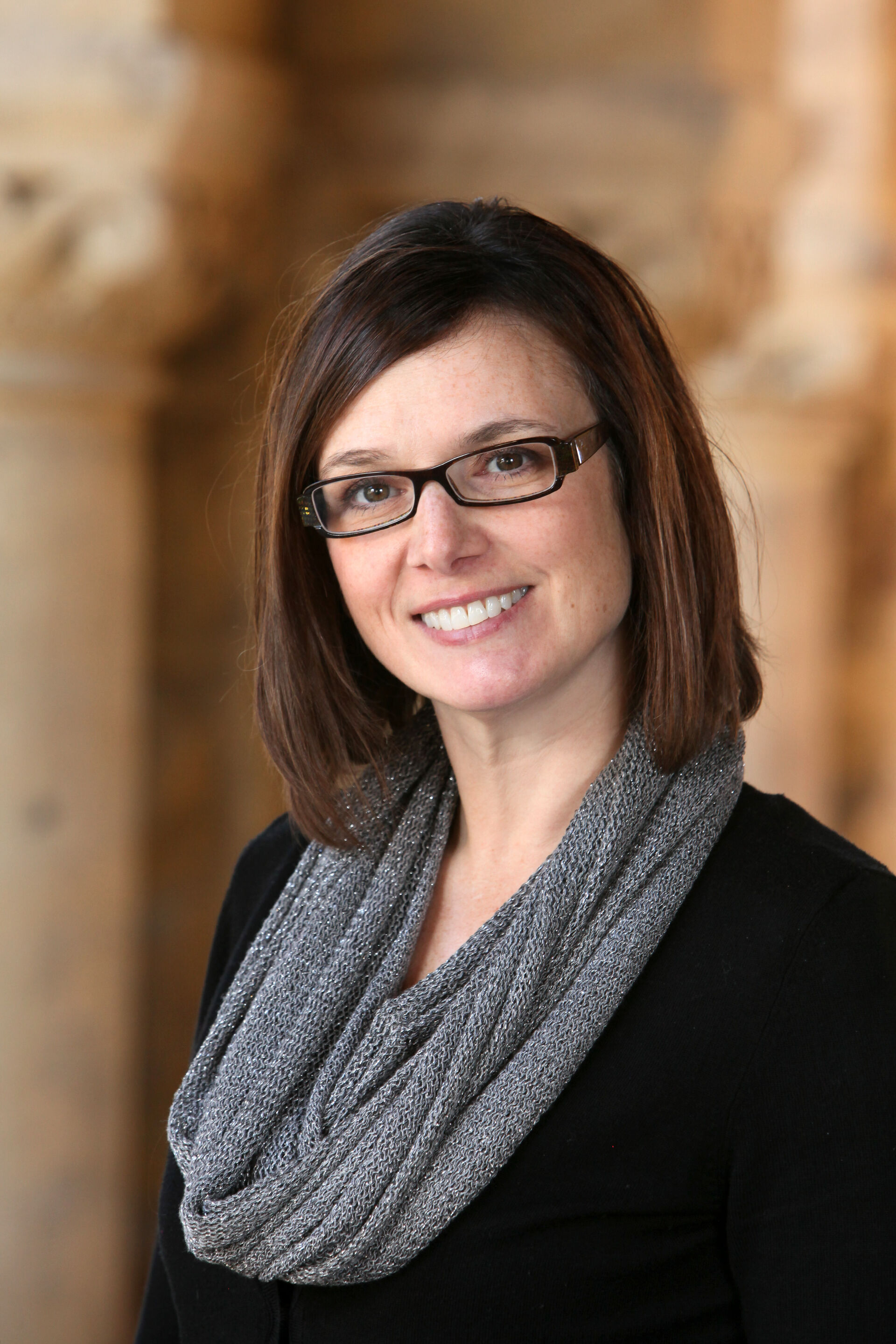Course description
The University of Oslo training will take place over five days. Raters will first be introduced to the factor structure that each element belongs to, then to each element within the factor. In the video-based training, raters will observe a clip designed to represent each score point (1 through 4) for each element and practice scoring at the end of each factor. Raters must reach a total of 70% reliability after two rounds of reliability testing with expert remediation between each round.
About PLATO
The Protocol for Language Arts Teaching Observation (PLATO)
PLATO is primarily designed as a research tool rather than a diagnostic or evaluative tool for schools or districts. The training allows the research team to review in detail each element and its components.
The PLATO protocol covers 4 instructional domains- Disciplinary Demand of Classroom Talk & Activity, Contextualizing and Representing Content, Instructional Scaffolding, and Classroom Environment- and 13 elements of instruction identified by research on adolescent literacy and effective instruction in ELA. Each element is scored separately on a 1-4 scale. Because the elements are designed to capture different aspects of ELA instruction, teachers are not expected to score high on every element for every 15-minute segment. In addition, PLATO captures the content of instruction (writing, reading, literature, grammar, etc.) and activity structures (whole group, small group, independent work, etc.) for each 15 minute segment.
Programme
Monday 23 September
Place: University of Oslo Library building, Georg Sverdrup, room LINKEN
09.00 – 10.00 Introduction/ overview PLATO training/ PLATO framework and modules
10.00 – 11.00 Instructional Scaffolding Module, Part I
12.00 – 13.00 Lunch (Sverdrup spiseri)
13.00 – 14.00 Instructional Scaffolding Module, Part II
14.00 – 16.00 Disciplinary Demand Module
Tuesday 24 September
Place: University of Oslo Library building, Georg Sverdrup, room LINKEN
09.15 – 12.00 Contextualizing & Representing Content Module
12:00 – 13.00 Lunch (Sverdrup spiseri)
13.00 – 15.00 Classroom Management Module
15.00 – 16.00 Practice Scoring
Wednesday 25 September
Place: University of Oslo, Niels Henrik Abels building, 6th floor, meeting rooms: 621 and 600
09.15 – 12.00 Practice Scoring, Cont'd
12.00 – 13.00 Lunch
13.00 – 16.00 Reliability Test I
Thursday 26 September
Place: University of Oslo, Niels Henrik Abels building, 6th floor, meeting rooms: 621 and 600
09.15 – 12.00 Reliability Test debrief, Whole-Group
12.00 – 13.00 Lunch
13.00 – 16.00 Small-Group debriefs / Practice Scoring
20:30 Social gathering - Akerselva: River walk by torchlight
Friday 27 September
Place: University of Oslo Library building, Georg Sverdrup, room LINKEN
09.15 – 12.00 Small-Group debriefs / Practice Scoring
12.00 – 13.00 Lunch, Niels Henrik Abels' building
13.00 – 16.00 Reliability Test II
Course instructors
 Lindsay Brown has been working with the PLATO team for 10 years, beginning as a data collector in the first external PLATO study in New York City. She later became the research project manager, and co-designed the first online version of the training as part of the Measures of Effective Teaching Study. She currently works at New York University, where she focuses on flexible and scalable teaching and coaching strategies for crisis and conflict contexts. She holds a Ph.D. in Curriculum and Teacher Education from Stanford University.
Lindsay Brown has been working with the PLATO team for 10 years, beginning as a data collector in the first external PLATO study in New York City. She later became the research project manager, and co-designed the first online version of the training as part of the Measures of Effective Teaching Study. She currently works at New York University, where she focuses on flexible and scalable teaching and coaching strategies for crisis and conflict contexts. She holds a Ph.D. in Curriculum and Teacher Education from Stanford University.
 Melissa Scheve, a National Board certified high school English teacher with two decades of classroom experience, is currently the project director for Stanford University’s Hollyhock Fellowship Program, which supports early-career educators across America who teach in historically underserved communities. Hollyhock uses practice-based pedagogical approaches to support teachers in developing high-impact instructional practices that impact student achievement.
Melissa Scheve, a National Board certified high school English teacher with two decades of classroom experience, is currently the project director for Stanford University’s Hollyhock Fellowship Program, which supports early-career educators across America who teach in historically underserved communities. Hollyhock uses practice-based pedagogical approaches to support teachers in developing high-impact instructional practices that impact student achievement.
This course is limited to the QUINT researchers.
